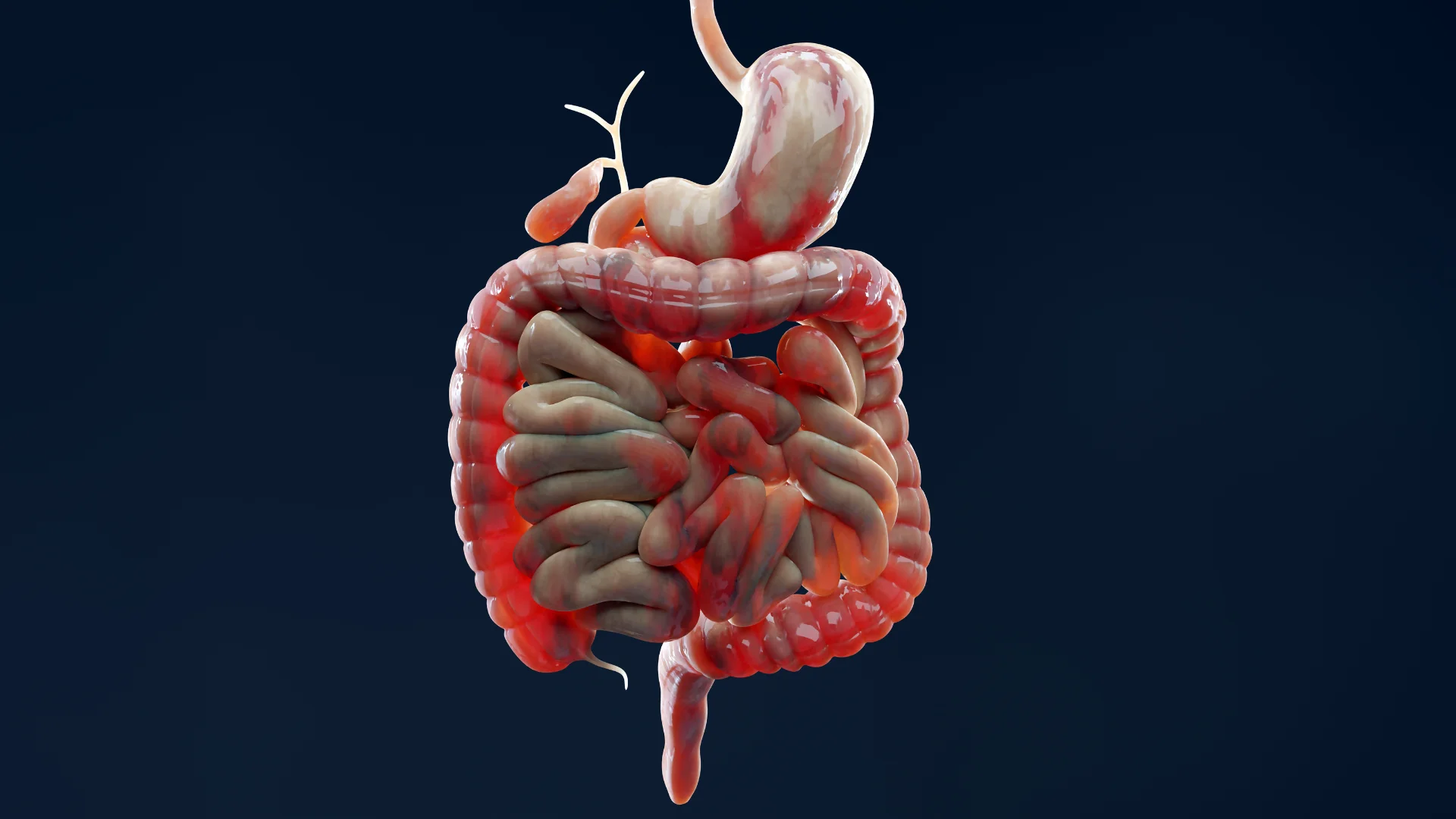
Understanding Inflammatory Bowel Disease (IBD) 😓🔥
Inflammatory bowel diseases (IBD), which include ulcerative colitis and Crohn’s disease, are chronic conditions that affect the digestive system. They cause long-term inflammation in the intestinal lining, disrupting normal digestive processes and impacting overall health. While these conditions share some similarities, each has unique characteristics and symptoms.
What Is Ulcerative Colitis? 🤔
Ulcerative colitis affects only the colon (large intestine), causing inflammation and sores (ulcerations) on its inner lining.
What Is Crohn’s Disease? 🤔
Crohn’s disease can affect any part of the digestive system, from the mouth to the anus. Its behavior varies depending on the area involved:
In some cases, the abdominal pain may mimic appendicitis, leading to delays in diagnosis. Crohn’s disease may also interfere with nutrient absorption, further contributing to weight loss and malnutrition.
Shared Symptoms of IBD 🔍
Both ulcerative colitis and Crohn’s disease cause inflammation, leading to overlapping symptoms such as:
Specific Symptoms to Watch For 👀
Digestive Symptoms:
Symptoms Outside the Digestive Tract:
Complications of IBD ⚠️
If left untreated, IBD can lead to serious complications, including:
When to Seek Help 👨⚕️
IBD can be managed effectively, but it’s essential to see a doctor if you experience:
Diagnosing IBD 🩺
Diagnosis involves a combination of medical evaluations, imaging tests, and laboratory analyses:
1. Clinical Evaluation: A gastroenterologist will assess your symptoms, medical history, and lifestyle factors. 👨⚕️
2. Laboratory Tests: 🔬
3. Imaging and Endoscopy: 🖥️
How Is IBD Treated? 💡
Treatment is tailored to each individual, focusing on reducing inflammation, managing symptoms, and preventing complications:
1. Medication: 💊
2. Dietary Adjustments: 🥗
3. Surgery (If Necessary): 🏥
Can IBD Be Prevented? 🛡️
While there is no definitive way to prevent IBD, regular medical check-ups can help catch it early and reduce the risk of complications. If you have unexplained digestive issues or a family history of IBD, consider seeing a gastroenterologist.
Managing Life with IBD 🌟
Living with IBD can be challenging, but with the right care and support, many people lead full, active lives. Regular monitoring, adherence to treatment plans, and maintaining a healthy lifestyle can make a significant difference.
Remember, early detection and proactive management are the best ways to keep IBD under control and maintain your quality of life. If you suspect you have symptoms, don’t wait—consult a healthcare provider today.
🩺 Explore out our Check-Up Programs!
DISCLAIMER: The information presented on this page has been intentionally condensed and simplified to make it accessible and easier to understand for the general audience. Its purpose is solely to provide basic awareness and education on the topic discussed. It is important to note that this content is not exhaustive and does not replace or serve as a substitute for professional medical advice, diagnosis, or treatment. Readers are strongly advised to seek consultations with qualified healthcare professionals or specialists for accurate assessment, personalized guidance, and appropriate medical care. Relying solely on the information provided here, without professional oversight, may lead to misunderstandings or inadequate treatment.
Privacy policy
Copyright ©2025 Klinika Kajo. Designed By Vizional